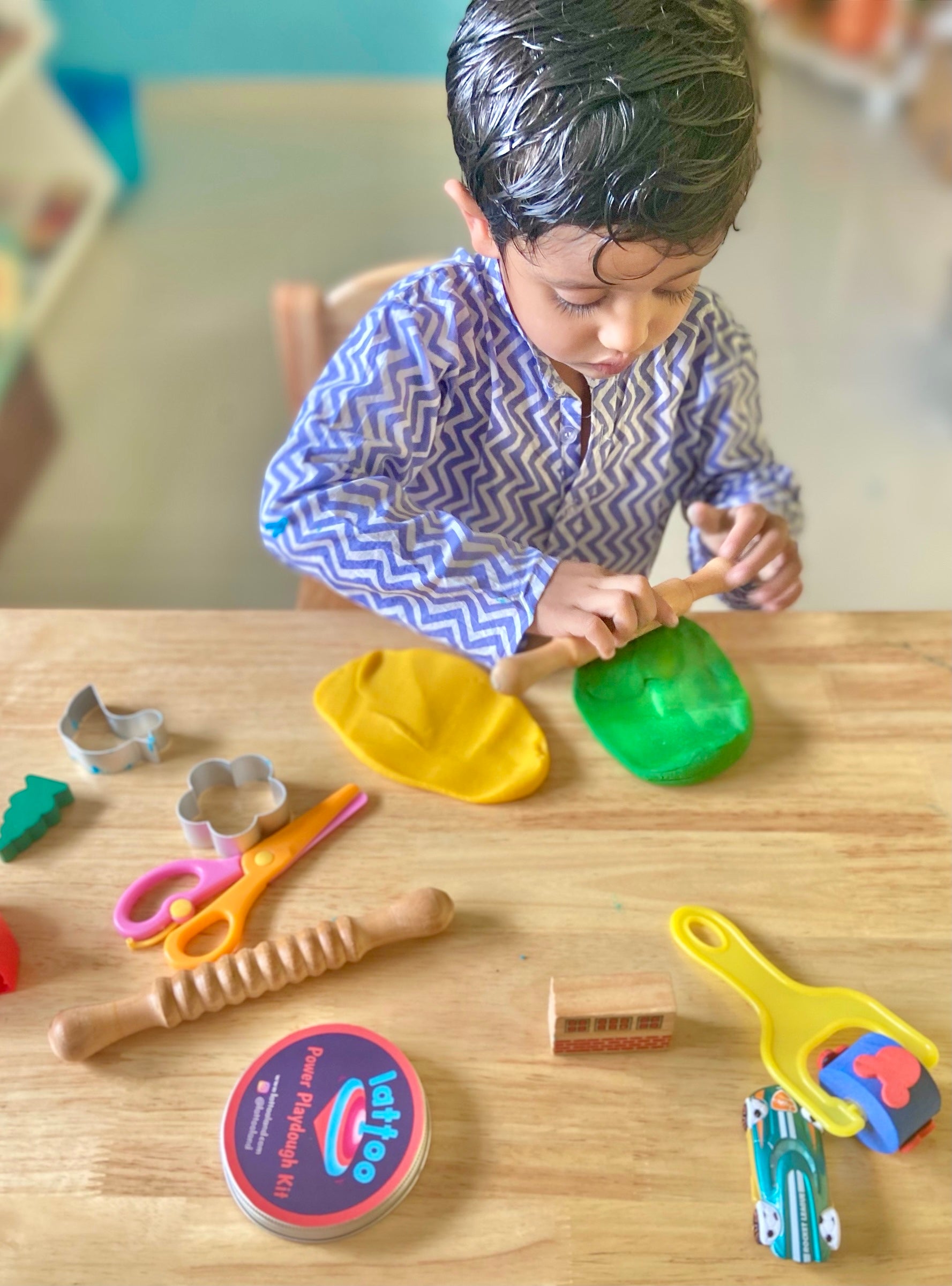The Impact of Fathers on Children's Relationships
The role of fathers in shaping their children's perceptions and relationships is a topic of immense importance. Research shows that fathers play a significant role in the development of their children, influencing their understanding of masculinity, their relationships with other men, and their overall well-being. In this blog, we will delve into the profound impact fathers have on their children's perceptions and relationships, exploring the unique dynamics between fathers and their sons, as well as fathers and their daughters. Let's explore the power of positive fathering and the lasting effects it has on children's lives.
- The Father-Son Relationship: Modelling the Behaviour
The father-son relationship serves as a crucial model for boys as they model themselves after their father. By observing their fathers' actions and behaviors, boys learn about strength, compassion, and responsibility. Positive role modeling by fathers can instill important values and shape their sons' identity formation. Research by Cabrera, Shannon, and Tamis-LeMonda (2007) suggests that fathers' involvement has a positive impact on their children's cognitive and emotional development.
- The Father-Daughter Relationship: Building Self-Esteem and Healthy Boundaries
For girls, the father-daughter relationship sets the stage for their interactions with men throughout their lives. Fathers who cherish, respect, and support their daughters contribute significantly to their self-esteem, confidence, and ability to establish healthy boundaries. Studies conducted by Sarkadi et al. (2008) indicate that positive father-daughter relationships are associated with higher levels of self-worth and healthier relationship outcomes in adulthood.
- Nurturing the Father-Child Bond: Strategies for Positive Fathering
To cultivate a positive impact on their children's perceptions and relationships, fathers can engage in intentional parenting practices. Research by Flouri and Buchanan (2004) highlights the importance of fathers' parenting behaviors in children's psychosocial outcomes. Strategies such as active listening, spending quality time, and expressing love and support can foster strong bonds and contribute to healthy emotional development.
The influence of fathers on their children's perceptions and relationships cannot be overstated. Through positive role modeling, support, and nurturing, fathers contribute to their children's emotional well-being, self-esteem, and future interactions with others. By understanding the impact of fathers on children's development, parents can take intentional steps to strengthen the father-child bond and create a lasting positive legacy. Embracing the power of positive fathering is an investment in a brighter future for our children.
















